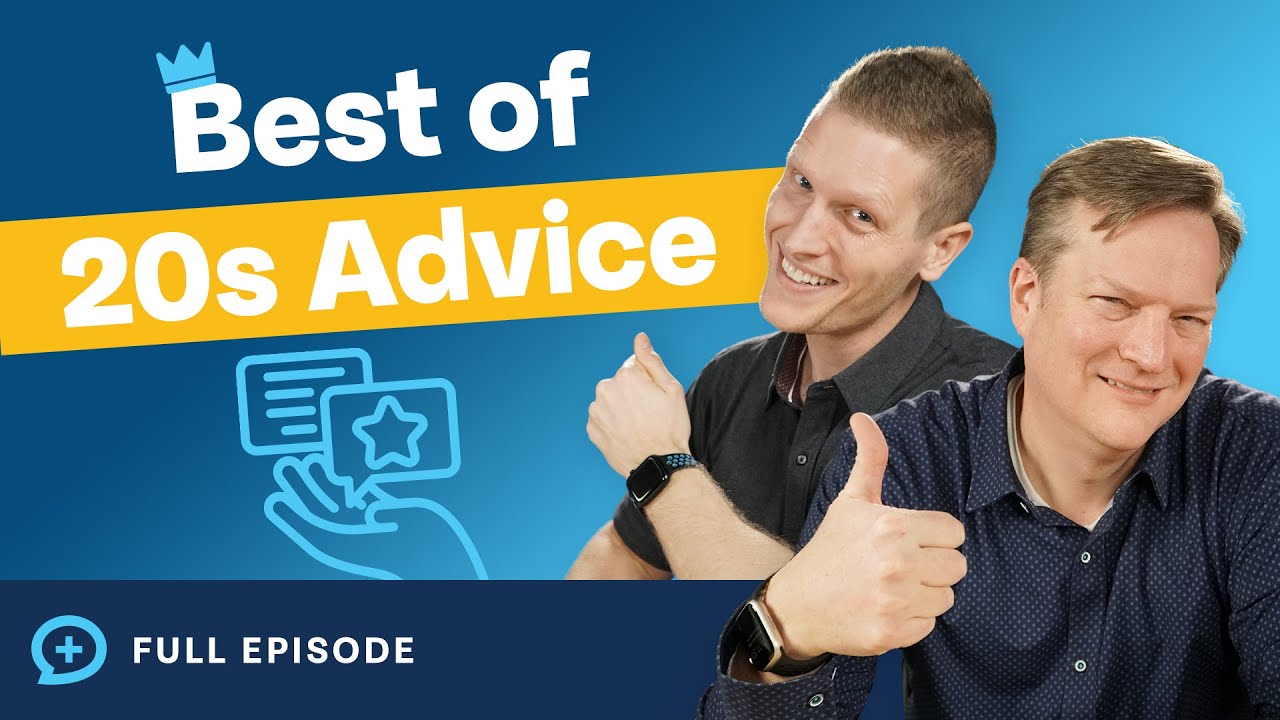
What would you do with unexpected income received from an inheritance or insurance policy — or even a big year-end bonus at work?
While it’s not wise to rely on windfalls as part of your financial plan, you need to think ahead and understand what steps to take should this ever happen. Without a plan, it’s easier to use this extra, unexpected money irresponsibly or wastefully.
In order to plan on a windfall (without depending on it), you need to:
- Find a trusted professional to work with
- Establish a sensible, rational mindset
- Take care of any pressing financial issues (or fund a financial goal)
- Build your financial team
Let’s break these steps down into more detail.
Take Care of Tax Obligations
This is your first priority when dealing with significant amounts of unexpected income — like money from an inheritance or something like winning the lottery.
There are tax laws and codes around financial windfalls that may look a little different than what you’re used to. It’s important that you protect yourself (and your new money!) by working with a trusted, qualified CPA.
Your CPA can outline what kind of obligations you must now meet, and can provide advice on how to manage your money so you’re not slammed with a larger-than-necessary tax bill.
Get Your Head in the Right Space
Suddenly coming into a good financial situation (read: lots of money) can positively impact your net worth, and very negatively affect your mindset. You need to avoid impulsive decisions and remain rational.
Many people feel elated and excited upon receiving a financial windfall. Others feel anxious, paranoid, depressed, and stressed because of this new burden.
In either case, avoiding making decisions can help after you’ve taken care of any tax-related issues with your CPA. Give yourself space — in the form of time — from this event. Don’t suddenly decide to make big changes to your money management habits, spending, or life in general until some time has passed.
You can also help establish the right mindset by educating yourself.
Read books on personal finance, investing, and sudden wealth. Learn all you can about money and how it works. Check out financial blogs. Ask questions; seek answers. Knowledge is power.
Fund Financial Goals, or Fix Financial Problems
Once you can think about your finances in a calm, reasonable way, it’s time to think about what to do with this money. If you’re in the red, your first priority is to use extra and unexpected income to get out of debt.
No debt or financial issue to solve right away? Use your unexpected income to create a larger emergency fund. The general rule of thumb is to keep three to six months’ worth of living expenses socked away in a liquid savings account.
If you receive a windfall, however, consider providing yourself with an even larger safety net. Bump up your emergency fund to six to twelve months’ worth of expenses. Remember, just because things look great now since you have extra money does not mean nothing will ever go wrong again.
Your emergency fund can still protect you from a job loss, serious damage to your property, or a big medical bill. Don’t neglect it! Take advantage of having more cash than usual on hand to fully fund your savings for a rainy day.
Build Your Financial Team
When you start increasing your assets — especially when it happens suddenly — you need a reliable financial team to help you take care of all aspects of managing your money and wealth.
In addition to a CPA, you’ll want to look for a fee-only advisor to provide you with professional financial advice. You also want to have a lawyer who can develop an estate plan for you. (No, that’s not fun to think about. But it’s important, even if you’re young.)
When searching for financial professionals to help you, keep the following in mind:
- Look for fee-only advisors who don’t charge commissions on financial products they sell
- Ask about their professional credentials and their experience to ensure they can meet your needs
- Make sure any professional is willing to work with you as a fiduciary
And Yes, You Can Splurge (Just a Little!) After Receiving Unexpected Income
It’s important to take care of practical needs whenever you receive extra money. You need to proceed with caution so that you don’t act impulsively or make financial decisions you’ll later regret.
But you are allowed to have a little fun, too!
After doing the responsible stuff listed above, create a wish list of things you’d love to buy or experience. Then take 5% of your unexpected income and pick a few things to enjoy from your list.
If you enjoyed this post, you’ll love free access to more content from The Money Guys. Check out our free resources here!














